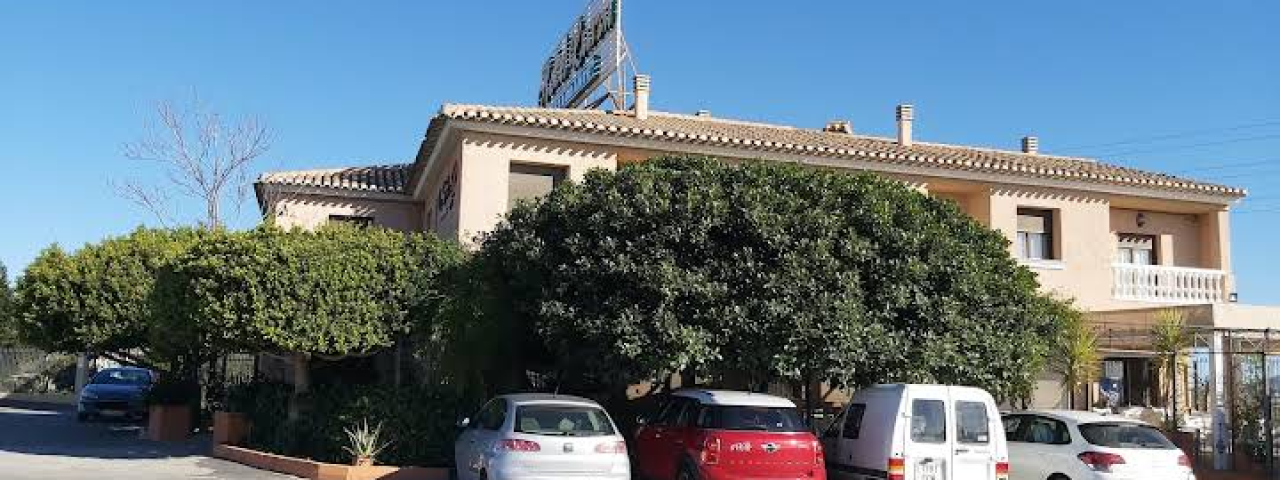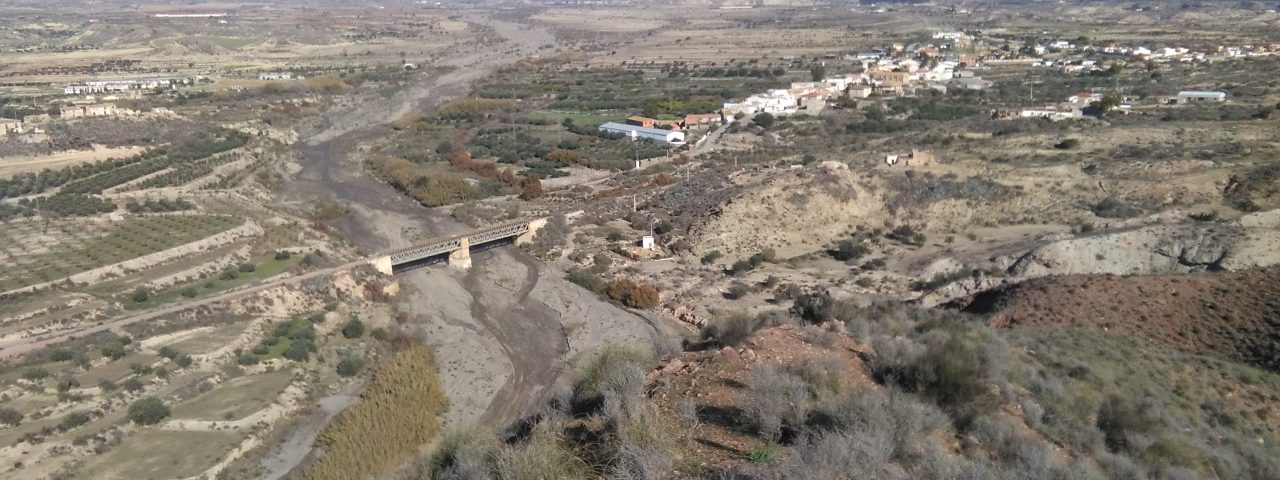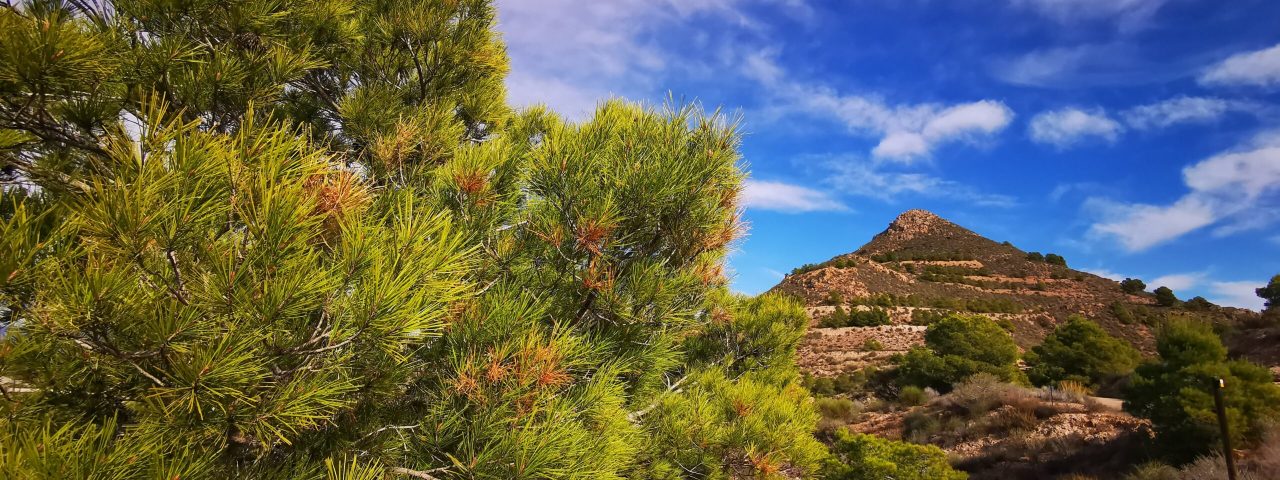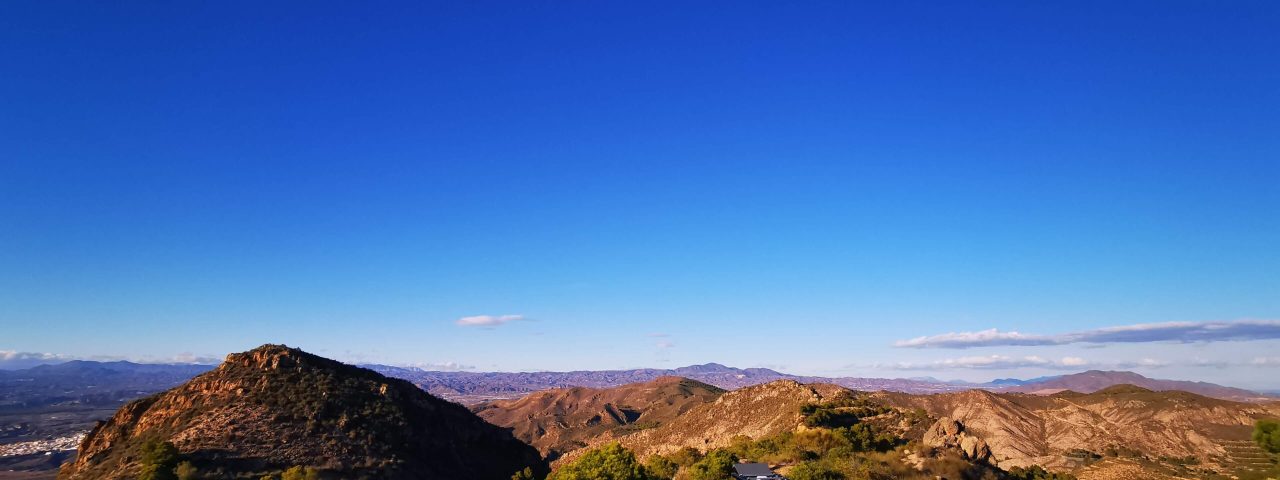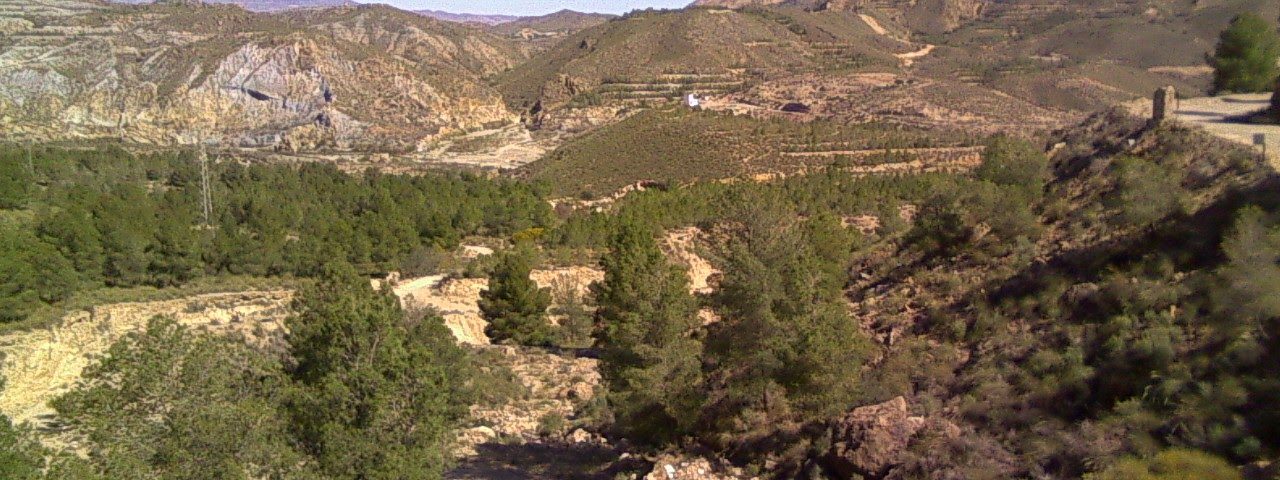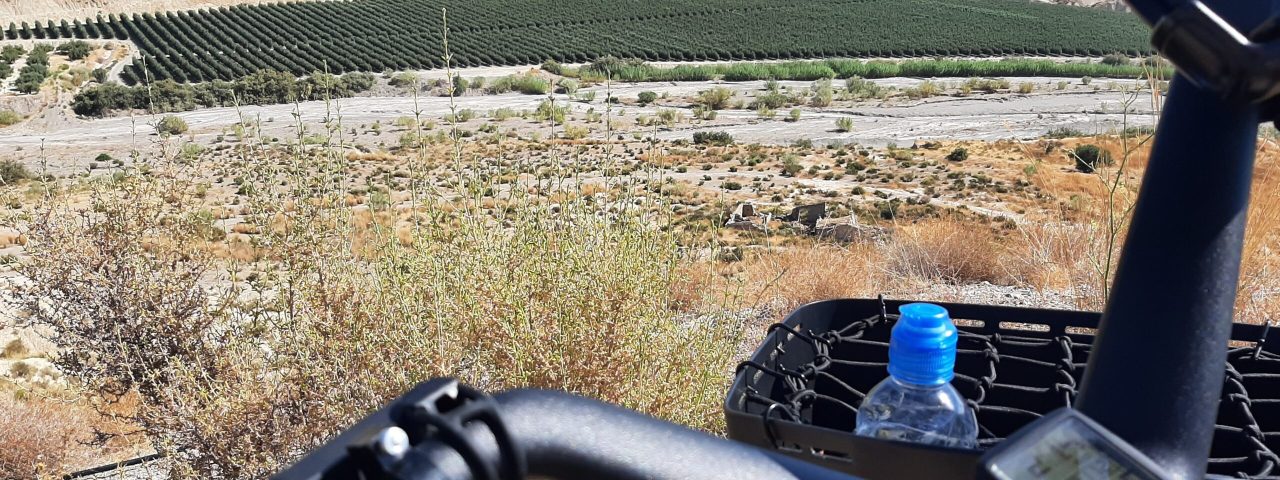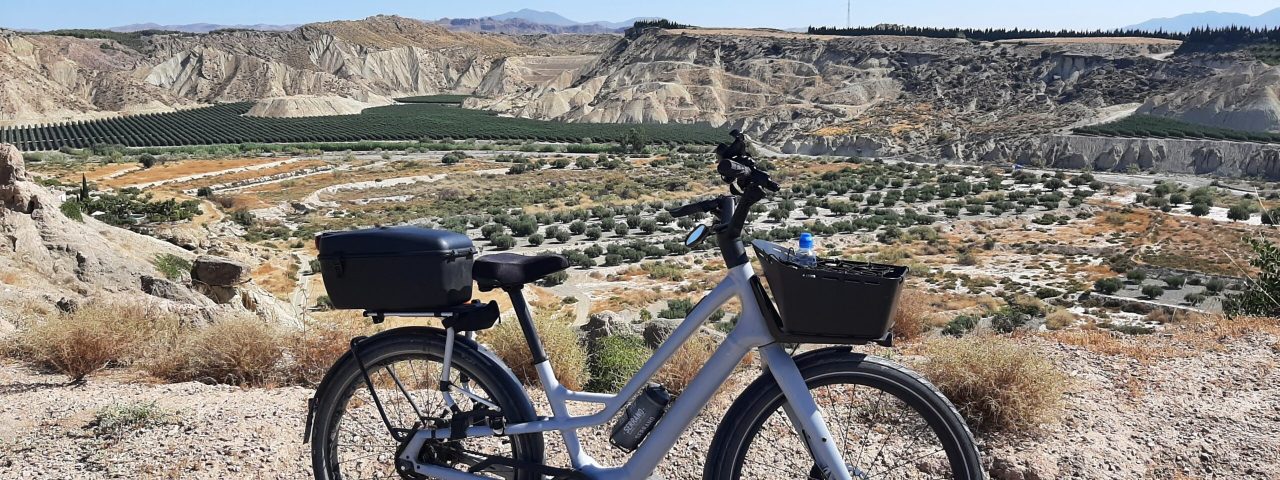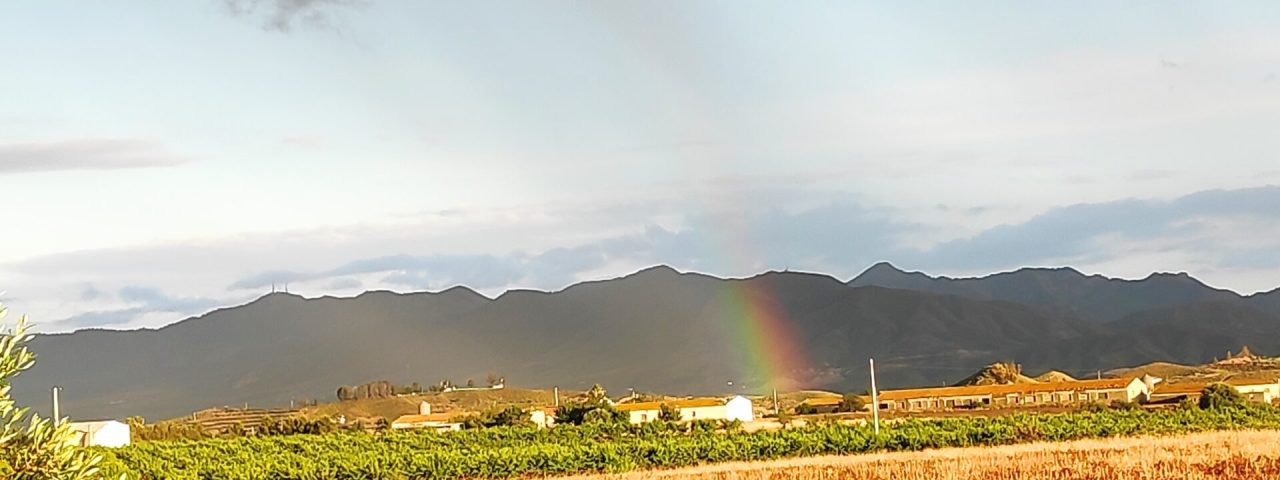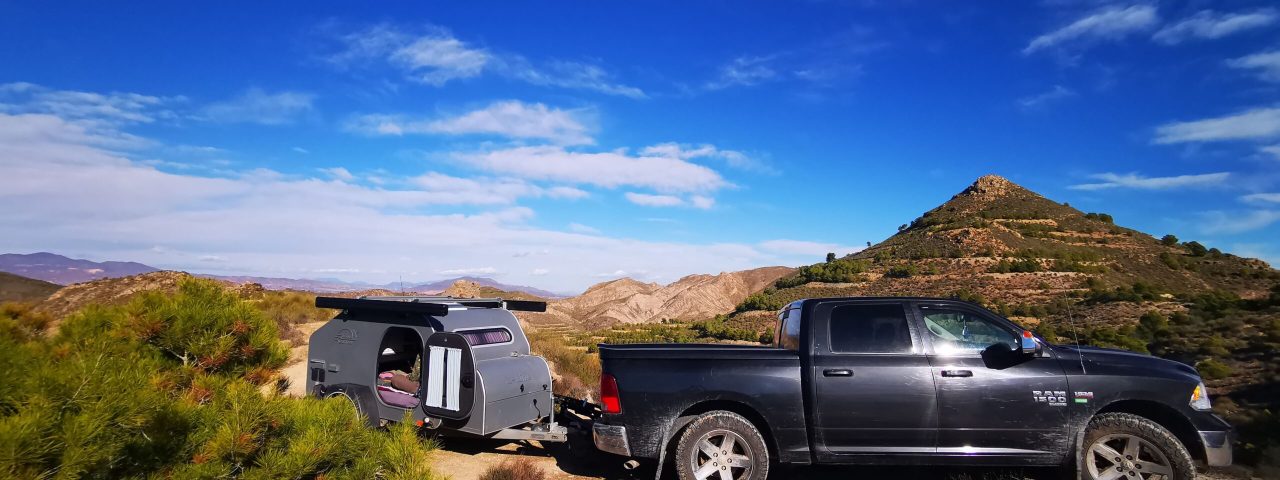Huércal-Overa has a rich historical background shaped by various civilizations, including the Romans, Moors, and Christians. The town’s origins date back to ancient Roman settlements, but it was during the Moorish period (8th to 15th centuries) that it gained prominence as a strategic and agricultural hub. After the Christian Reconquista, the town became a center for trade and religious life, with the construction of churches and public buildings reflecting the region’s cultural blend.
The town celebrates several cultural traditions, the most notable of which is Semana Santa (Holy Week), which has been declared a Festival of National Tourist Interest. This event features elaborate processions, traditional music, and religious symbolism, drawing visitors from across the region. Huércal-Overa also hosts a lively annual fair in October, known as the Feria de Huércal-Overa, where locals and visitors enjoy carnival rides, food stalls, and live performances, all reflecting Andalusian culture.
Local customs often include flamenco performances, traditional Andalusian dress, and religious festivities. The town’s history can be explored through its historical landmarks, such as the Church of Our Lady of the Assumption and the remains of ancient Moorish architecture.
